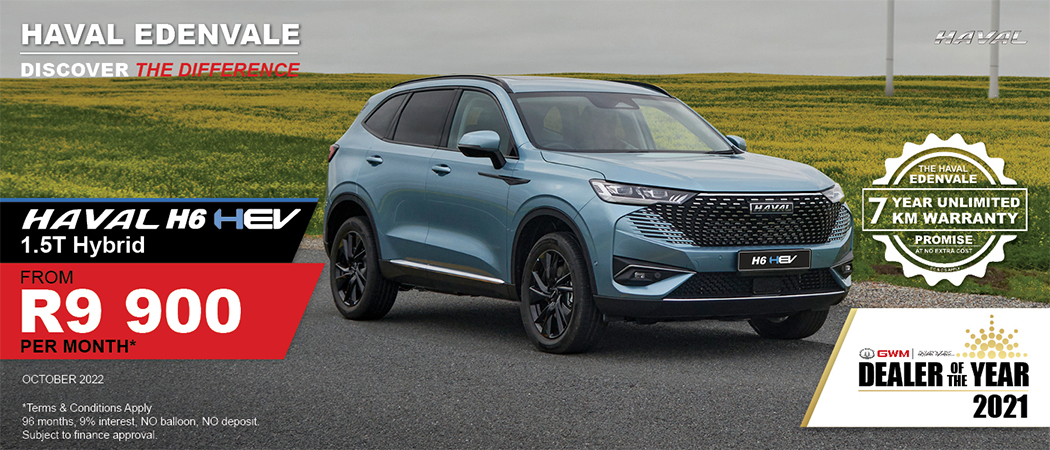Although classic bikes have their attractions, being saddled with an abused collectable has its drawbacks. Patrick van Sleight shares some tips.
 |
Although classic bikes have their attractions, being saddled with an abused collectable has its drawbacks. Patrick van Sleight shares some tips.
Riaan Hendricks bought what he believed to be a vintage BMW R75 for the good price of R 8 000, only to find his purchase fraught with problems.
The bike was an aborted restoration project. It had been parked for a very long time, which resulted in accumulated rust and dirt in the fuel tank and various seized-up bits. It had been badly put together –this was demonstrated by the complete exhaust system falling off!
The bike came with non-standard Mikuni carburettors that have thus far turned out to be Hendricks’ biggest headache. Numerous visits to many bike workshops resulted in bills totalling R4 000. But there remained no improvement in performance. The bike still runs roughly, splutters and eventually dies.
It has also become obvious that few of the workshops have any experience working on this kind of bike, another disadvantage when buying an older bike.
Hendricks was eventually advised to buy the original Bing carburettors, but a used set proved difficult to locate and cost almost R6 000 for the pair. So much for affordability…
Before buying a classic, read these tips:
Don’t buy a bike that has been stored for a long time, even if it looks good. A tatty-looking, well used-bike is a testimony to its reliability and more likely to have had any problems ironed out.
Never buy a project bike. If you are tempted, ask yourself why the project was abandoned, and whether you will have the resources to complete it.
Be careful about what is sold off as collectable. Not every old bike is a classic. A classic has iconic status; whatever made it popular in its day of manufacture, still makes it popular today.
Don’t treat your purchase as an investment. While the bikes will seldom depreciate, prices never rise above, let alone keep up with, the inflation rate. Besides, the cost of looking after the bike will eat into any profit you might make when reselling it.
Get to know the market and learn to gauge market trends. This will help you spot bargains and overpriced machines alike. The current retro-boom is winding down and with it the interest that it sparked in old machines, especially Japanese classics.
Suzuki GS and Kawasaki Z models from the seventies and eighties were ridiculously expensive not too long ago, and now is a good time to bargain. Old two-strokes (Kawasaki KHs, Yamaha RDs, etc) might become highly sought-after again at some point in the future, so while nobody is looking, stock up.
Another good tip is to go for so-called undervalued classics – bikes that are overlooked in favour of more obvious or popular bikes in the same range. For instance, buy the cheaper BMW R75 rather than the more expensive BMW R90 or the Ducati 750SS instead of the 900SS. The same applies to British twins like Triumph and Norton; go for the smaller capacities (500 or 650) rather than the 750s or 850s. Moto Guzzis are generally cheaper than Ducatis and Japanese models cheaper than Italian.
If you desire a particular model and make, or are after a concours machine, attention to detail like the right colour, mechanical specification, engine and frame number for a particular year becomes important.
Be patient and do your research. Speak to experts such as long-standing mechanics and sales people of good repute and join classic bike clubs, rallies and registers. You will soon learn where and how to source parts, and which mechanic can recite the cylinder firing sequence and the valve clearance of your particular bike in his sleep.
If your budget allows it, subscribe to a classic magazine and order its back copies, and buy or borrow books on the topic from libraries.
The internet with its email newsletters, and dedicated, model-specific discussion groups and bulletin boards is also a useful source of information and experience.
The best buys are often found by word-of-mouth. Ask about and keep track of bikes you want. Also keep in touch with the owners and make them an occasional offer. You may be surprised at the outcome…
Owning a classic is challenging with many risks, as Hendricks discovered. But the result is a richness in experience that is unparalleled by anything you will find in a new showroom. It certainly helps to have a philosophical outlook on life if you own a classic. Because when you nurse that old, rumbling engine into top gear as you weave and wobble your way towards the open road; the wind in your face and the sun warming your back; the grin on your face says it’s been worth the sleepless nights, angry spouse and empty bank balance.
Original article from Car




